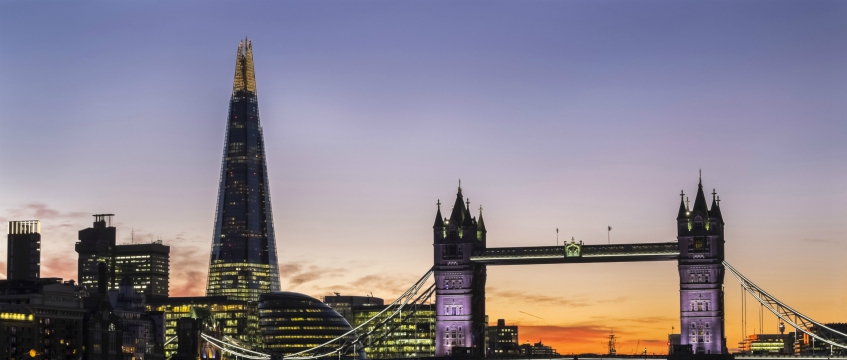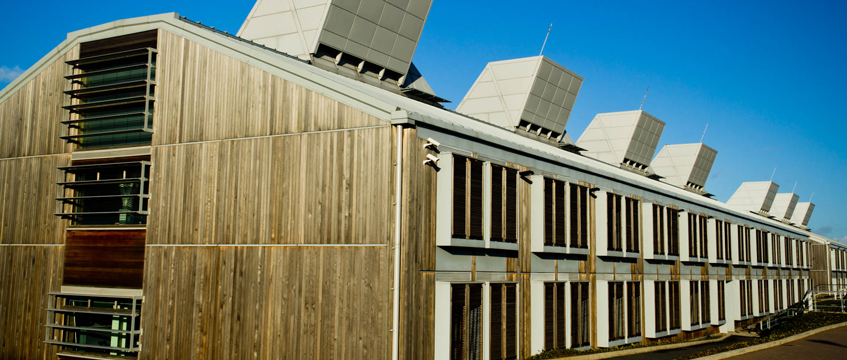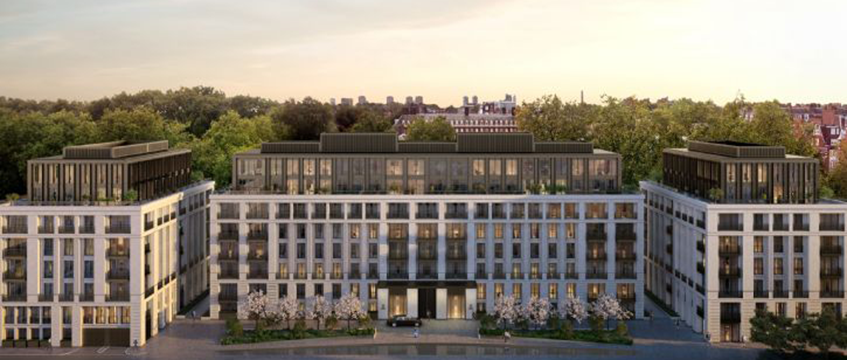Qatari Diar’s decision to halt construction on the latest phase of its flagship luxury residential development Chelsea Barracks, SW1, reflects a wider strategy of restraint by investors from Qatar.
UK investment from the natural gas-rich state has fallen from a peak of £4.8bn in 2015 to £270m last year. In Q1 2018 only £50m was invested, according to data from Real Capital Analytics.
This slowdown has coincided with Qatar’s political isolation from other countries in the Middle East, which reached its height last June when the country was accused of supporting militant groups such as ISIS and Al-Qaeda.
In 2016, a collapse in the price of gas shrunk Qatar’s trade surplus and for the first time in decades the country came under pressure to meet its domestic obligations.
Since then the gas price has steadily recovered and surged, in particular over the winter, owing to China’s shift to the resource.
However, sources have now warned that the blockade of Qatar by countries including Saudi Arabia and the United Arab Emirates is having an impact on cash flows and that all global investments stemming from the country are likely to be under review with the potential for some to be sold on.
Looking for income generation
Andrew Thomas, head of international capital markets at Colliers International, says: “In the current market, if you asked them candidly whether there are assets they might want to be rid of, the answer would probably be yes. Like many landlords, they want to see income generation.”
Chelsea Barracks, a development project, is not income producing, but is capex hungry, so it is more of a problem.
A source involved with the scheme says the construction halt is “symptomatic of the current issues” affecting the country, but adds: “If structured correctly, Chelsea Barracks should be able to withstand a pause for a year or two,” and that it should still be profitable in the end for Qatari Diar if it “sticks with it”.
That may be tough after the firm ploughed in so much money, including the £959m purchase price agreed at the height of the market in 2007, and must still contend with rising construction costs and a weak London luxury residential market.
Thus far Qatari investors have held firm on their assets in the UK, having not made any disposals since 2016, according to Real Capital Analytics data. Globally, it has sold only just under £1bn of assets since the start of 2015.
Selling non-iconic properties
However, if the noose tightens that could soon change. An adviser to the state of Qatar suggested investors in the country could look to sell those assets that were not considered iconic and would draw the world’s attention if they disposed of them. Assets such as The Shard or Harrod’s would be retained.

But some of the deals that the Qataris have flirted with in recent years illustrate the kind of assets that might be considered non-core.
When the price of gas collapsed in 2016 the Qatari Investment Authority appointed CBRE to sell the headquarters of Credit Suisse at 1 Cabot Square, E14, for £450m. Although a deal is yet to be struck, it is understood that a disposal would be considered if an appropriate offer were forthcoming.
Also in 2016 the Qatar Holdings-backed Constellation Hotels, which owns Claridge’s, W1, and The Connaught, quietly explored a £750m sale of The Berkeley, which was considered the least prized of the collection.
The ongoing deal with Oxford Properties to invest in Get Living, the £1.5bn PRS company owned by Qatari Diar, Delancey and APG, will also allow the Qataris to take some cash off the table.
Quiet refinancings that allow profits to be taken where asset prices had risen since the point of investment in order to realise cash or take on proportionately more debt with ramped-up LTVs are also understood to have been explored, including across the Constellation collection.
Selective purchases
Despite the restraint shown by Qatari investors, they have not disappeared completely and have been making selective purchases.
The partner of a Qatari investor says they had been given indications that the Qataris would be shying away from buying trophies that would hit the headlines, and were more interested in buying assets more related to social infrastructure, such as PRS, that would also create a stable income stream.
Thomas also suggests that, owing to the sanctions, the Qataris also “don’t necessarily want to do those statement deals, as perhaps it antagonises politically in the region”.

Joseph Morris, global capital markets partner at Knight Frank, says that “although there has been a slowdown in new investment from the Middle East sovereign funds, with a number of them having been net sellers in 2017”, the firm has seen “a continued and growing demand from private clients for real estate investment internationally”.
Alistair Meadows, head of UK capital markets at JLL, says that Qatari investors are looking out to the regions, focusing on assets such as business parks, as well as industrial, retail and alternative properties.
He says: “This is being driven primarily by family offices and private investors seeking long and secure income streams from investments with sound fundamentals.”
In February, for example, clients of Rosette Merchant Bank bought Green Acres shopping centre in Oldham, Huddersfield, for £50m and last December Sheikh Hamad bin Jassim Al-Thani bought the Arup Campus at Blythe Valley business park in Solihull for around £23m.
Advisers to such buyers have suggested that placing cash in the UK may offer some protection against a domestic crisis or seizure of assets by the government should there be a dramatic change of leadership or economic downturn.
Qataris may not yet be hoisting the for sale sign over every asset but there are without doubt signs of strain that may ultimately bring about opportunities for buyers in the tight London market.
Hassan Farran director for Middle East cross border investment at Savills, says: “The GCC [Gulf Co-operation Council] is going through a series of transitions and it is hard to predict what the medium to long term outcome will be, let alone the impact on international real estate investment from this region.”
To send feedback, e-mail Louise.Dransfield@egi.co.uk or tweet @DransfieldL or @estatesgazette











